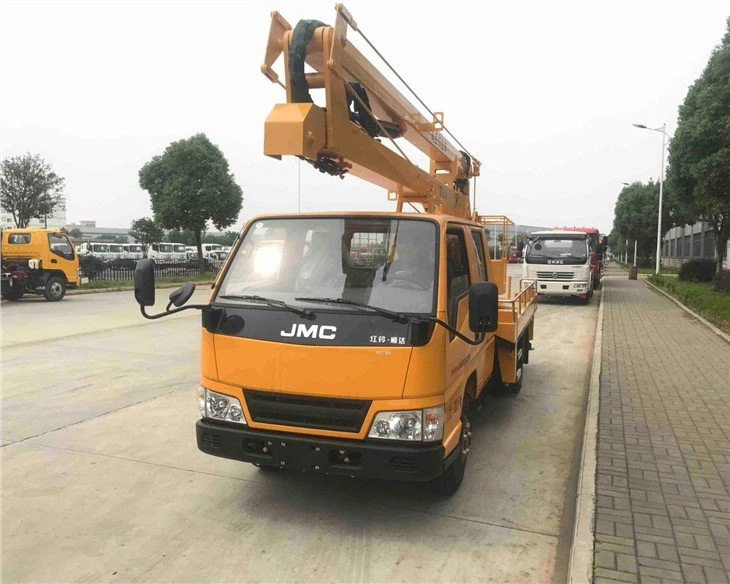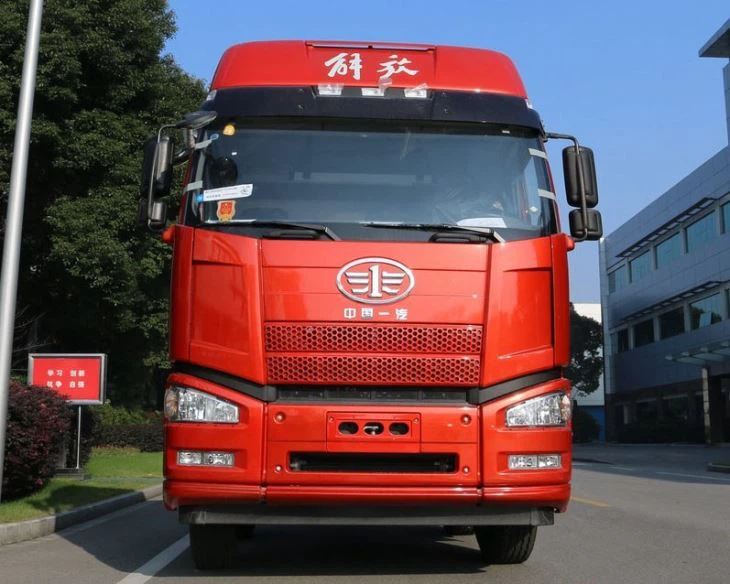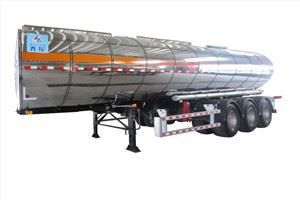Everything You Need to Know About Small Vac Trucks

In recent years, small vac trucks have become essential tools in various industries, including construction, plumbing, and municipal services. These versatile machines offer an efficient solution for debris removal, excavation, and liquid waste management. This article will explore the ins and outs of small vac trucks, their benefits, practical uses, and much more. Whether you’re a business owner looking to invest in a vac truck or simply curious about their functionality, this comprehensive guide will provide clear and valuable insights.
What is a Small Vac Truck?
A small vac truck is a specialized vehicle equipped with a vacuum system for suctioning up liquid waste and debris. Smaller than traditional vacuum trucks, these vehicles are designed for maneuverability in tight spaces while maintaining significant suction power. Often mounted on a commercial chassis, small vac trucks can be used for various applications, such as cleaning sewer systems, removing mud and sludge, and even indoor flushing services.
The Anatomy of a Small Vac Truck
1. Key Components
Understanding the components of a small vac truck can help users maximize their performance and maintenance. The primary components include:
| Component | Description |
|---|---|
| Vacuum System | Creates the suction required to collect debris and liquids. |
| Tank | Holds the collected materials, usually made from durable materials for longevity. |
| Hoses and Nozzles | Facilitates the suction of materials from various environments. |
| Filtration System | Helps separate liquids from solids to ensure efficient waste management. |
| Chassis | The vehicle body that supports the vac system and payload. |

2. Variations of Small Vac Trucks
While many small vac trucks share common features, there are a few variations designed to cater to specific needs:
- Compact Models: Ideal for urban environments and tight spaces.
- Hydrovac Trucks: Combine water pressure with vacuum suction to expose underground utilities.
- Vacuum Sweepers: Primarily used for street cleaning and debris removal from surfaces.
The Benefits of Using Small Vac Trucks
1. Enhanced Maneuverability
Small vac trucks can easily navigate tight spaces, making them suitable for urban areas, industrial sites, and residential locations. Their compact design allows for efficient operations without compromising performance.
2. Cost-Effective Waste Management
By employing a small vac truck, businesses can reduce labor costs and time associated with waste removal. These trucks efficiently handle large amounts of debris and liquid, streamlining the process significantly.
3. Versatility in Applications
Small vac trucks can be used in various applications, including:
- Sewer and drain cleaning
- Excavation and hydro-excavation
- Spill cleanup
- Industrial waste removal
4. Environmentally Friendly
These trucks can help minimize the environmental impact of waste by providing efficient suction and disposal methods, ensuring compliance with local waste management regulations.
Applications of Small Vac Trucks
1. Sewer Maintenance
Municipalities utilize small vac trucks for regular sewer maintenance, ensuring the lines are free of blockages and functioning correctly. The vacuum system easily removes sludge, grease, and debris, keeping the sewer system operational.
2. Hydro-Excavation
In construction and utility work, small vac trucks are used for hydro-excavation. High-pressure water is used to break down soil, which is then vacuumed away, exposing utilities safely. This method reduces the risk of damaging underground lines and pipelines.
Practical Example:
A utility company uses a small vac truck to expose buried gas lines before trenching for pipeline installation. The operator uses the truck’s vacuum system to remove soil while ensuring the lines remain undamaged.
3. Event Cleanup
Events often generate a significant amount of waste. Small vac trucks can be deployed for quick and effective cleanup, ensuring that venues are restored to their original condition fast.
4. Industrial Applications
Factories and manufacturing plants often use small vac trucks for cleaning up spills and waste products, ensuring compliance with safety and environmental standards.
Choosing the Right Small Vac Truck
1. Assessing Your Needs
Before purchasing or renting a small vac truck, assess your specific requirements:
- What types of materials will you be handling?
- What is the expected volume of waste?
- Does maneuverability in tight spaces matter?
2. Evaluating Truck Specifications

When evaluating potential vac trucks, keep an eye on the following specifications:
- Suction power (measured in CFM – cubic feet per minute)
- Tank size and material
- Reach capacity of hoses and attachments
3. Budget Considerations
Costs can vary significantly, depending on the brand, specifications, and features of the vac truck. Be sure to compare financing options, rental agreements, and long-term ownership costs.
Maintaining Your Small Vac Truck
1. Regular Inspections
Conducting frequent inspections helps identify potential issues before they escalate. Look for signs of wear and tear on hoses, seals, and the tank.
2. Cleaning the Tank and Filtration System
Regularly cleaning the tank and filtration system ensures optimal performance and prolongs the life of the vehicle. Follow the manufacturer’s guidelines for maintenance schedules.
3. Staff Training

Proper training for operators will not only maximize efficiency but also ensure safety when using the equipment. Ensure all users receive comprehensive training on the truck’s operations and safety standards.
Cost Factors for Small Vac Trucks
1. Purchase vs. Rental
Evaluate whether purchasing a small vac truck is beneficial in the long run compared to renting one. Consider how frequently you will be using the truck and budget constraints.
2. Maintenance Costs
Ongoing maintenance is essential for the efficiency of the truck. Factor in costs such as oil changes, filter replacements, and general wear and tear into your budget.
3. Insurance and Licensing
Like any heavy machinery, small vac trucks require insurance and possibly specific licenses to operate. Be sure to include these costs when budgeting for ownership.
FAQs about Small Vac Trucks
1. What industries commonly use small vac trucks?
Small vac trucks are commonly used in construction, plumbing, municipal waste management, event cleanup, and industrial applications.
2. How much can a small vac truck carry?
The carrying capacity of a small vac truck varies by model but generally ranges from 500 to 1,500 gallons, depending on the tank size.
3. Can small vac trucks handle hazardous materials?
Yes, but it depends on the truck’s specifications. Many small vac trucks are equipped with features that allow them to safely manage hazardous waste. Always confirm with the manufacturer.
4. How often should I service my small vac truck?
Regular maintenance should be performed according to the manufacturer’s recommendations, usually every 250-500 operational hours, depending on usage.
5. Are small vac trucks environmentally friendly?
Yes, small vac trucks can help reduce environmental impact by enabling efficient waste removal while adhering to local regulations for disposal.
6. What is the typical lifespan of a small vac truck?
With proper maintenance, a small vac truck can last between 10 to 15 years, depending on usage and care.
